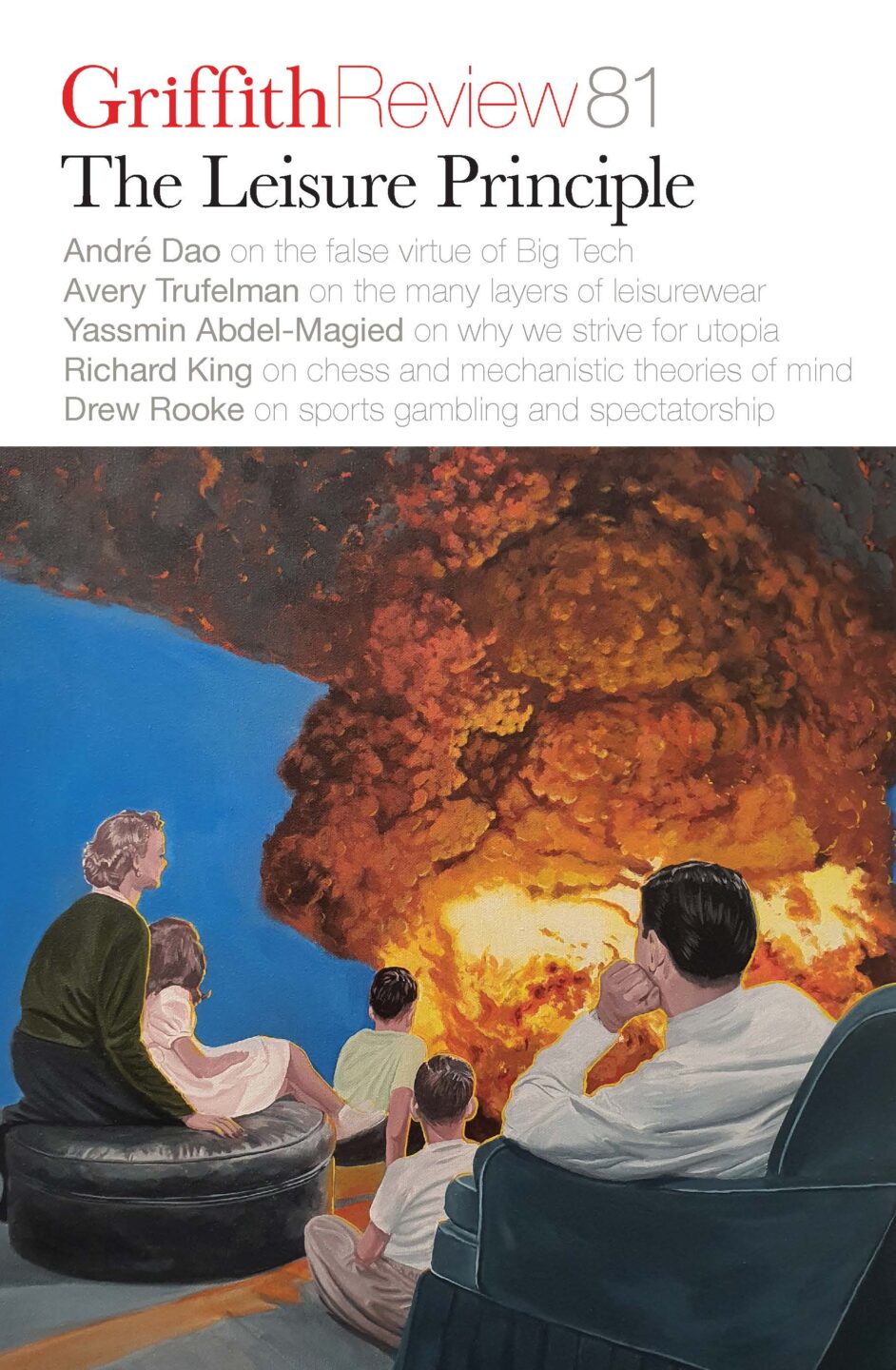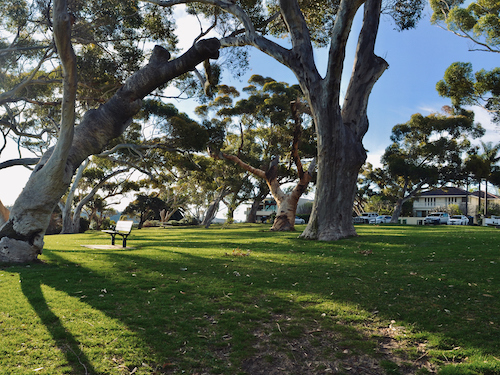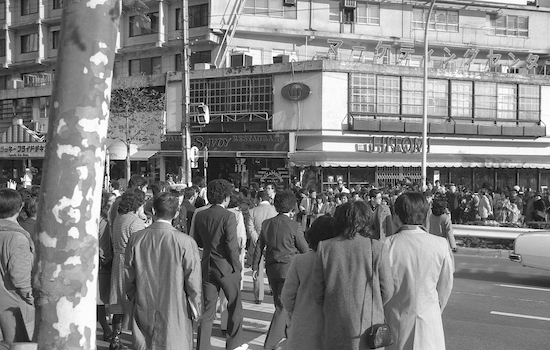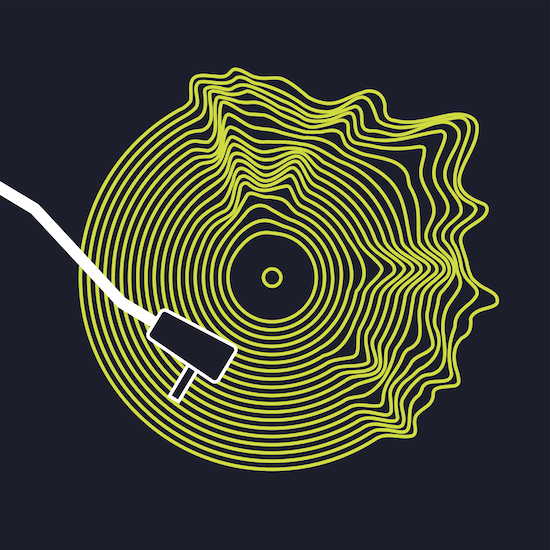Featured in

- Published 20230801
- ISBN: 978-1-922212-86-3
- Extent: 200pp
- Paperback (234 x 153mm), eBook

Glory to God for long weekends,
for lattes served by obsequious baristas,
sunnied eggs and bacon with the crispy ends,
for an empty park in front of the cinemas.
To she which gives us rain on shaggy lawns,
all glory given, by which we fail to set
the alarm, through sports drop-offs at dawn,
for hungover Saturdays, Fridays without regret.
Glory, glory to unexpected football
games telecast on free-to-air, for heirs
who suddenly decide to wash the car, for all
enlightenments filling each sudoku’s squares.
For golf, for ambling promenades, we praise
Her who gave weekends to punctuate our days.
Share article
More from author

The future
PoetryFor a moment he was given his future: a prophetic pulse racing to the horizon of his life and washing it stark and certain, the glacier of...
More from this edition

The rise and decline of the shopping mall
FictionPerhaps it is instructive to consider how archaeologists of the future may conceive malls. How might they seem, these empty labyrinths – like rituals that had to be endured in order to receive goods and services? As great monoliths, colosseums constructed for our entertainment? As places of worship? Or perhaps malls will seem more like pyramids do to us: mysteries to be unravelled when the tracks of global trade and communication have faded...

All work and some play
In ConversationI’m often hearing about odd jobs that musicians or performers had and how it’s tied to their identity. You read about Beat writers like Jack Kerouac and Neal Cassady, who really identified with blue-collar people and railroad workers. After Kerouac got infamous, or famous, he went off to be by himself in a cabin in the forest as a fire lookout. So he went into a very solitary existence, and I like that kind of thing...

An idle moment
IntroductionIn 2008, Finnish performance artist Pilvi Takala embarked on an audacious project called The Trainee. For one month, she worked as a marketing intern at the global accounting firm Deloitte. Instead of carrying out the usual responsibilities expected of this role, Takala did…nothing.